Study in the Australia for a World-Class Education
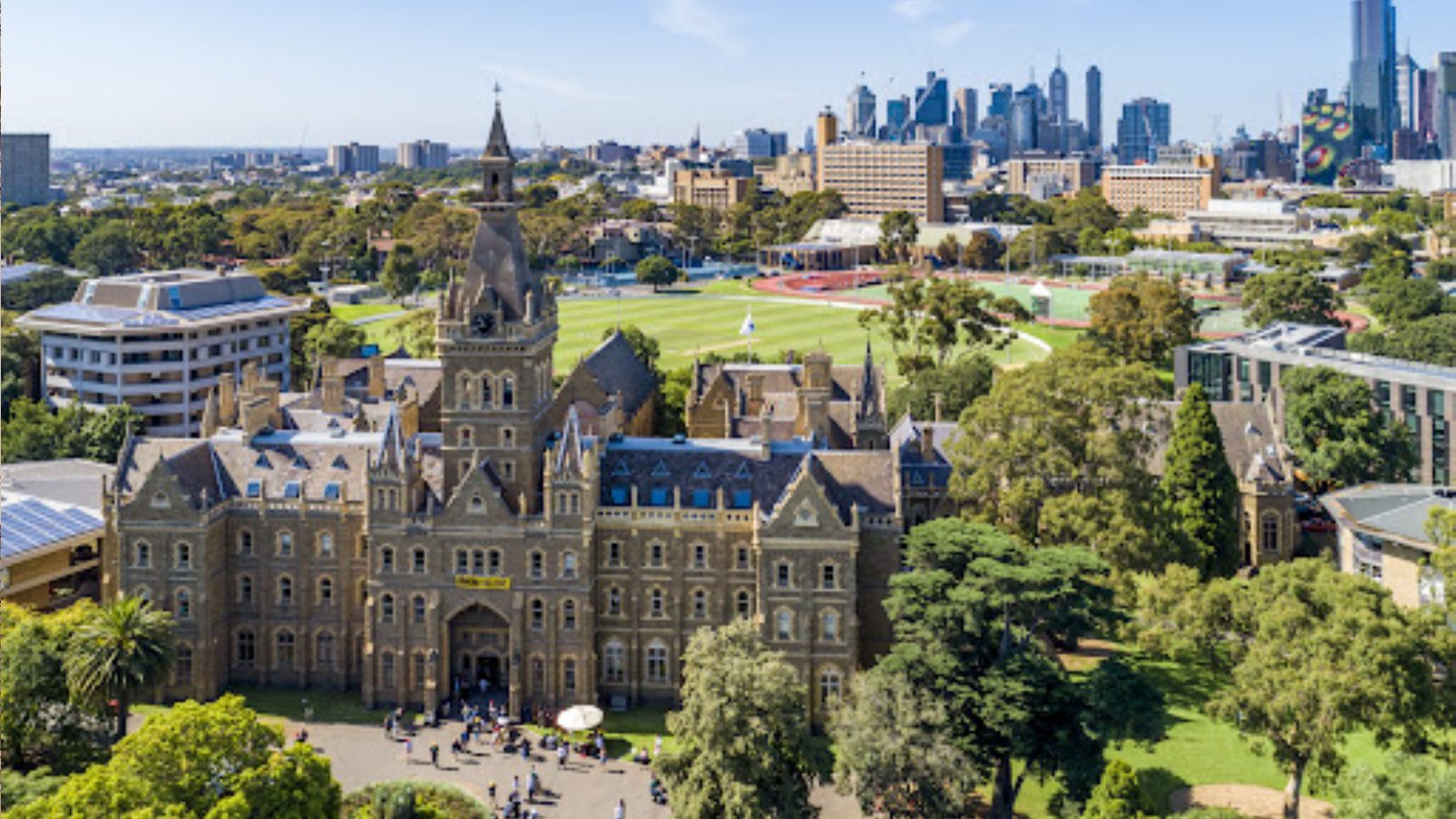








Multicultural Environment
Australia is a melting pot of cultures, with a diverse population that includes people from all over the world.

High-Quality Education
Australia is known for its excellent education system, with universities consistently ranked among the best in the world.

Wide Range of Courses
Australian universities offer a diverse range of academic programs across various disciplines, catering to the interests and career goals of students from around the globe.

Research Opportunities
Australia is at the forefront of cutting-edge research and innovation, providing students with access to world-class research facilities and opportunities to work alongside leading experts in their field.

Quality of Life
With its stunning natural landscapes, vibrant cities, and high standard of living, Australia offers an unparalleled quality of life for students.

Post-Graduation Work Opportunities
Australia offers excellent post-study work opportunities for international students.
Study in Australia
Do you aspire to pursue your higher studies in Australia? If yes, then you will be pleased to know that Study in Australia is an extremely popular option among higher education aspirants in India. Welcome to the group!
Higher Education in Australia: A Fact Check
- Australia boasts of a high GDP/per capita
- It houses 37 government-funded universities and two private universities, and a state-based system of vocational training, titled Teaching and Further Education (known as TAFE)
- As per QS News Rankings 2023, the following are the top-ten universities in Australia. 8 out of 10 universities are known as G08 universities (highlighted in bold) which are Australia’s leading research-intensive universities
| Rank | University Name | City |
|---|---|---|
30 | Australian National University (ANU) | Canberra |
33 | University of Melbourne | Melbourne |
41 | University of Sydney | Sydney |
45 | University of New South Wales (UNSW) | Wales |
50 | University of Queensland (UQ) | Brisbane |
57 | Monash University | Melbourne |
90 | University of Western Australia (UWA) | Perth |
109 | University of Adelaide | Adelaide |
137 | University of Technology Sydney (UTS) | Sydney |
192 | University of Newcastle, Australia (UON) | Newcastle |
MBA in Australia: The USP
So, what makes Australia a favourite destination for many international students to study an MBA? Here are the most cited reasons:
- Programs are globally ranked and internationally accredited
- World-class curriculum and orientation backed by the Australian Qualifications Framework (AQF)
- A strong job market ensures a high Rate of Employability and Return on Investment (RoI)
- The worldwide demand for MBA graduates is highest in the Asia-Pacific region, according to the Corporate Recruiters Survey 2019, published by the Graduate Management Admission Council (GMAC), the administrators of GMAT™
- The Survey observed that nearly 9 in 10 (87%) companies in the Asia-Pacific plan to hire MBAs in 2019
The Big League
Here are the top and popular business schools in Australia:
- Melbourne Business School
- Australian Graduate School of Management (AGSM)
- Monash University Business School
- University of Queensland Business School
- MGSM Macquarie University
- Australian National University
Types of Master’s Degrees Offered
Traditional or Coursework Master’s
There are four main categories of taught programmes- Master of Arts (MA), Master of Science (MSc), Master of Business Administration (MBA) with each lasting for 1-2 years.
Research Master’s
Courses under this category are a gateway towards doctoral degrees like PhD. Students with a solid undergraduate background and having strong research interest or exposure can pursue such courses.
Integrated Masters and PhD:
It is a programme of study that extends from three to six years. Students with a strong undergraduate background and having strong research interest or exposure are eligible for the same.
Dual/Joint Masters:
It is basically a combination of two courses; e.g. MSc in Computer Engineering along with a Master’s in some
other discipline. Such dual degrees can be offered as a collaboration between two universities or offered at a single university
Types of Undergraduate’s Degrees Offered
The following types of undergraduate courses are offered in Australia:
- Bachelor’s Degrees – These are standard degrees and the duration can vary from three to four years depending on the university and the major
- Bachelor’s with Honours – As per the Australian tertiary education system, it provides the highest level of training in an undergraduate degree. Honours actually means an extra year of study after completion of the bachelor’s degree in the same field
- Advanced Diplomas or Associate Degrees – Advanced Diplomas are pursued by those who wish to pursue technical or vocational fields. An Associate Degree is usually 3-4 semesters of bachelor’s study.
- Diploma Courses – The duration of such courses is 1-2 years and is usually pursued by those wish to undertake advanced skilled or paraprofessional work.
Cost of Studying
Program
Average Tuition Cost (per year in AUD)
Undergraduate courses
$20,000 to $45,000
MS
$22,000 to $50,000
PhD
$18,000 to $42,000
MBA
$11,000 to higher than $121,000
Why Study in Australia
- Quality Assurance in Education
Eight of the Australian universities are placed in the top 100 in the latest QS World University Rankings. Under Australian Law, universities must be accredited by regulators to ensure students’ rights are protected. For example, all higher education providers in Australia must complete a stringent accreditation process to ensure they deliver the highest standard of teaching and learning.
- Australian Qualifications Framework (AQF)
Through AQF the Australian government complements national regulatory and quality assurance arrangements for education and training and enables the alignment of the AQF with international qualifications frameworks. It was introduced in 1995 to support the national system of qualifications in Australia comprising higher education, vocational education, and schools. The framework enables the Australian government to accommodate the diversity of purposes of Australian education and training now and into the future.
- Quality Indicators for Learning and Teaching (QILT)
QILT is funded by the Australian Government Department of Education, Skills, and Employment. QILT is a suite of government-endorsed surveys for higher education, which cover the student life cycle from commencement to employment. Current and former domestic and international students participate in the survey. This data is consistently used by the government to make quality improvements in higher education and it also provides students with reliable data to compare the performance of higher education institutes.
- High-Ranking Universities
As per the latest QS World University Rankings, seven Australian universities feature in the top 100 ranked universities in the world. They also rank high for the specific study area of interest, with at least three Australian universities in the top 50 worldwide across the study areas of Arts and Humanities, Engineering and Technologies, Natural Sciences, Life Sciences and Medicine and Social Sciences and Management.
- Internationally Accredited Qualifications
Australian qualifications are recognized by employers and leading educational institutions globally. The Education Services for Overseas Students (ESOS) Act 2000 requires institutions in Australia that offer courses to international students to meet nationally consistent standards in education quality, facilities, and services. The Education Services for Overseas Students Legislation Amendment Act 2011 introduced a more thorough system for education providers to protect the rights of international students.
- Research and Development Opportunities
Australia has significant collaboration between universities, governments, and industries. Over decades of research, Australian research teams – many working with international researchers – have developed Wi-Fi, penicillin, the cochlear implant, the black box flight recorder, and the Gardasil cervical cancer vaccine, among many others. Health, Medical, Agricultural, Environmental, and Social Sciences research is resulting in more effective government policies and efficient services for these areas of studies.
- Post-study Work Opportunities
Australia is considered one of the most immigrant-friendly nations in the world. It offers up to four years of Post-Study Work Rights to international students post completion of their Bachelor’s or Master’s degree.
Planning to study abroad?
Get free 1-on-1 counselling with our experts
Australia G8 Universities


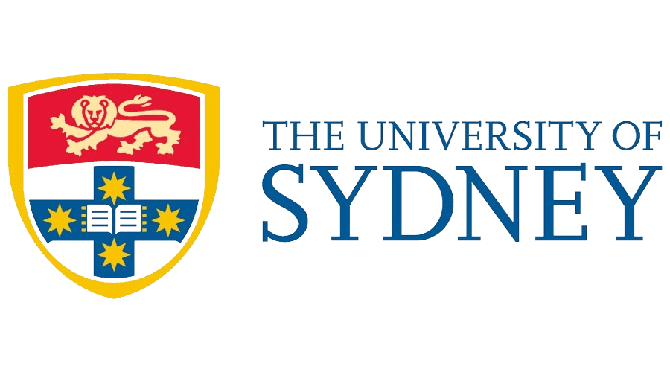




Most popular university





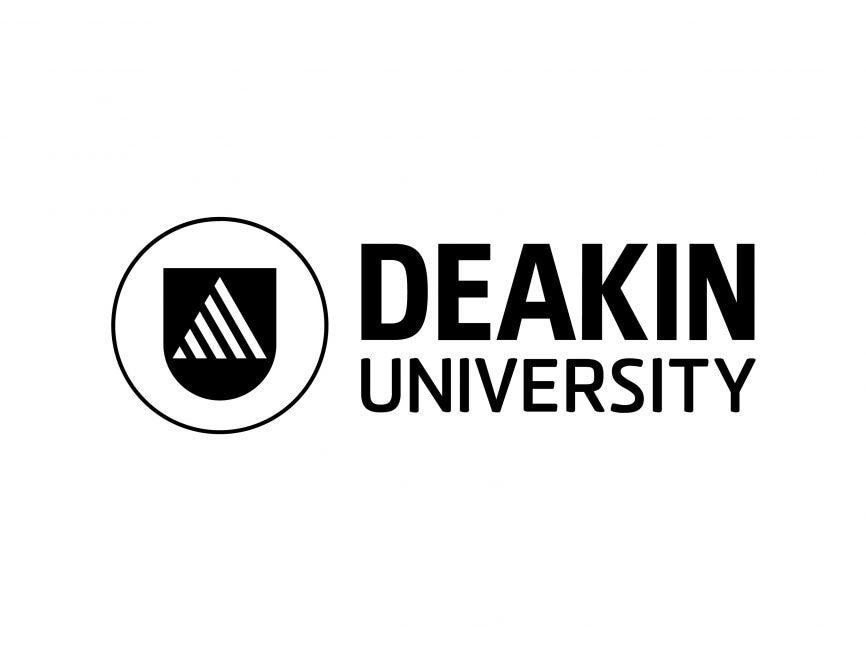
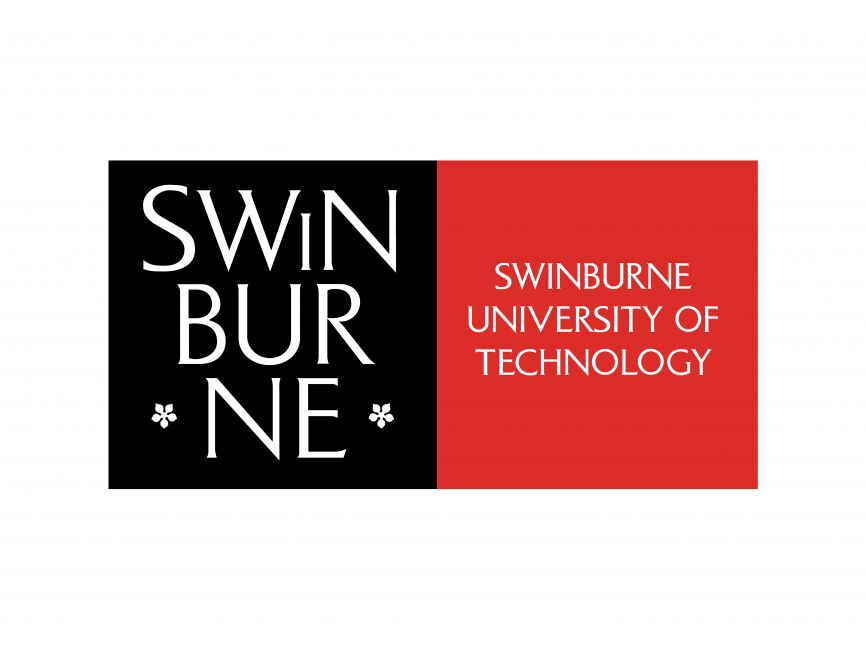
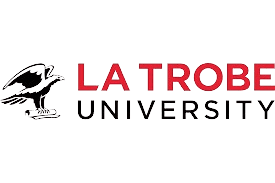




Business school IN Australia







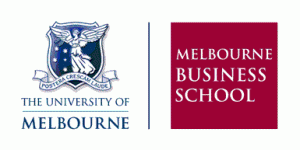
- Our Top Admits
Studying abroad offers students a unique blend of academic and cultural experiences.
Abhay
Deakin University
Chirag
Deakin University
Dhruvika
Deakin University
- Testimonials
Studying abroad offers students a unique blend of academic and cultural experiences.

Chirag Gulia
Deakin University
Faculty and staff are really reliable, supportive and help in paving path towards your future. The situation I was in was really cut too close towards my admission in current intake but sanjeev sir did his wonders and helped me attain my Australian visa in just a matter of a single day.

Abhay Solanki
Deakin University
Edugen is one of the top consultancy in Delhi if you want to map out your dream of studying overseas. In my case it was kind of puzzling to get a visa because I did my bachelors in Journalism and mass communication and I wanted to switch my field into Information technology as I have always had a fancy for IT sector. Sanjeev Sir did his magic and handed me the visa within 3 working days. The staff is very polite and they’ll stand by you through thick and thin. Kudos to the team!

Dhruvika Sehrawat
Deakin University
I am grateful everyday that I went to Edugen for my further studies. I got my student visa!! Surbhi ma’am was very helpful from the beginning and was literally available 24/7 whenever I had doubts or wanted to clarify something about my course. The whole Edugen team is hardworking and always trying to provide the best options for their students. I would recommend them to anyone who is looking for higher education abroad. I thank the Edugen team for being supportive throughout my application as well as the visa process.
- Study abroad courses
Studying abroad offers students a unique blend of academic and cultural experiences.

Artificial intelligence and machine learning
Artificial Intelligence (AI) and Machine Learning (ML) are highly sought-after skills in today's job market. If you're interested in studying AI and ML in Australia, you can explore various courses and programs offered by top universities and institutions

Cyber security
Cyber security : Cyber security is a pressing concern for individuals and organizations in today's digital age. In Australia, you can pursue a comprehensive cyber security course to develop expertise in protecting networks, systems, and data from cyber threats.

Biotechnology and bioinformatics
Australia offers a wide range of biotechnology and bioinformatics courses at both undergraduate and graduate levels. Many universities in Australia offer combined degrees in biotechnology and bioinformatics, allowing students to specialize in both fields.

Nursing
Nursing courses in Australia are offered at various institutions, including universities and vocational education providers.In Australia, nursing graduates are eligible to register with the Australian Health Practitioner Regulation Agency (AHPRA) to work as a registered nurse.
- Frequently Asked Questions
Studying abroad offers students a unique blend of academic and cultural experiences.
Australian qualifications are globally recognised, and universities in Australia are renowned for their research and training methodologies. Their teaching pedagogy is valued worldwide for their academic excellence, with seven Australian universities consistently ranking in the top 100 of the QS World Ranking and Times Higher Education Rankings. The Australian education system is distinguished by the Australian Qualifications Framework (AQF) that specifies standards of qualifications from the tertiary education sector (higher education, vocational education, and training) in addition to the school leaving certificate, called the Senior Secondary Certificate of Education.
Yes, the Australian universities accept 15 years of formal education for a Bachelor’s degree. The Indian education system is highly acceptable for studies in the country.
Tuition fees vary based on institutions, usually, the cost of the tuition fees in Australia varies between AUD$ 28,000 – AUD$ 45,000.
In order to get admitted to an Australian tertiary education institution there are requirements students will have to meet, whether it is an undergraduate or a postgraduate program.





